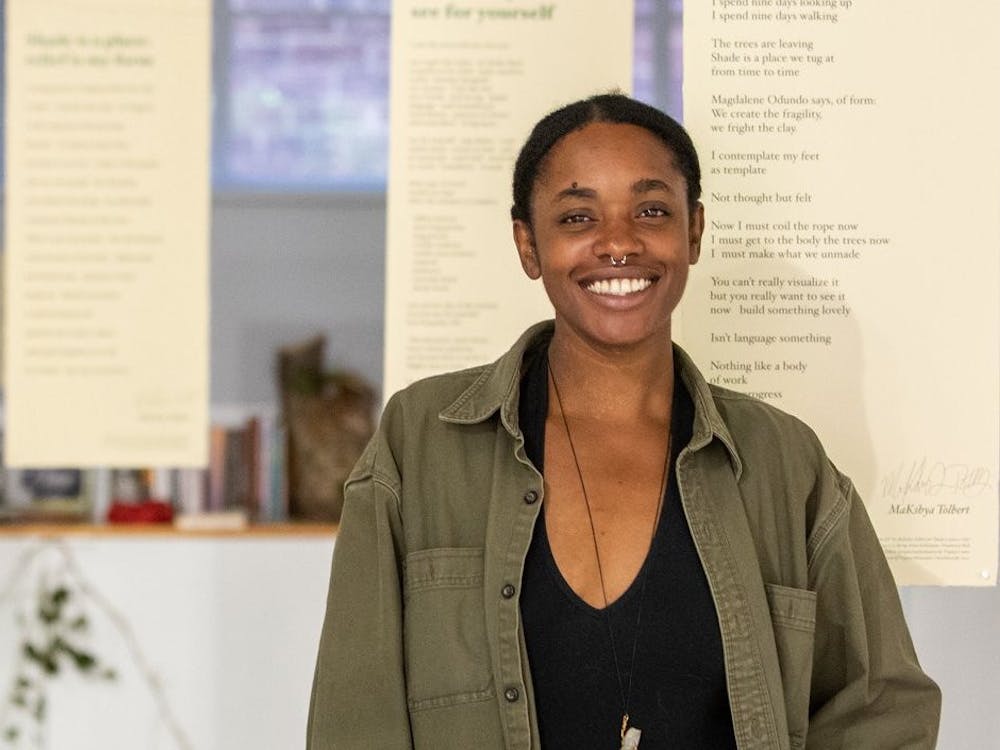At any moment during last weekend’s Richmond Folk Festival, visitors could stop anywhere and find themselves listening to an extremely eclectic mix of sounds: Newfoundland fiddlers, West African drums, Tuvan throat singers, salsa, Irish flutes, reggae, bluegrass — and that’s just the short list.
The annual event, celebrating music and culture from all over the globe, first took place in 2005, when Richmond was selected to host the National Folk Festival for three years. Because of its incredible success, the city created its own local festival modeled after the national incarnation when it left in 2007. Now, in its ninth year, the Richmond Folk Festival has become a draw for visitors throughout Virginia and beyond.
I began my experience at the Festival Friday night, when sporadic rain showers left the grounds abnormally empty. Located on the James River waterfront and spread out among multiple outdoor tents, the festival isn’t exactly designed to factor in bad weather, but the rain didn’t dampen the experience too much. Within the span of two hours, I heard a Louisiana Garifuna group (similar to a funky big brass band), a singer from the small French-speaking island of Réunion (off the coast of Madagascar) and a polka band covering Guns N’ Roses’ “Sweet Child O’Mine.” Never one to resist some good fiddle music, though, I was most impressed by the Yves Lamert Trio, a spirited group who played Québécois folk music.
The next day, I began by listening to Tuvan throat singing, which was a truly hypnotic experience. Throat singing is a tradition originating from the Tuva people of southern Siberia. These men are able to sing multiple pitches at once, creating a mind-blowing and otherworldly musical performance.
I then explored the crafts marketplace, where both local and international vendors sold their products. I saw an oyster-shucking contest, learned how moonshine is made and heard an Appalachian story told with the accompaniment of a “crankie” – a long swath of paper with artistic silhouettes drawn on it that is rolled (or “cranked”) out as the story is told, illustrating the tale. I ended my second day by listening to The Dardanelles, a folk group from Newfoundland who were keen to point out that their music was not the same as Irish jigs. It was hard to tell the difference, but I enjoyed it nonetheless.
The Richmond Folk Festival leaves you with the feeling that you’ve traveled the world in just a few hours, and all without leaving the comfort of central Virginia. You may think you’ve heard a diverse amount of music in your lifetime, but that notion is shattered as soon as you arrive at the grounds. Every year, Richmond manages to put together a series of musical acts that are not only interesting and educational, but incredibly fun to experience. Banners hung around the grounds proclaim the festival as “Richmond at its best,” and I would have to agree.




